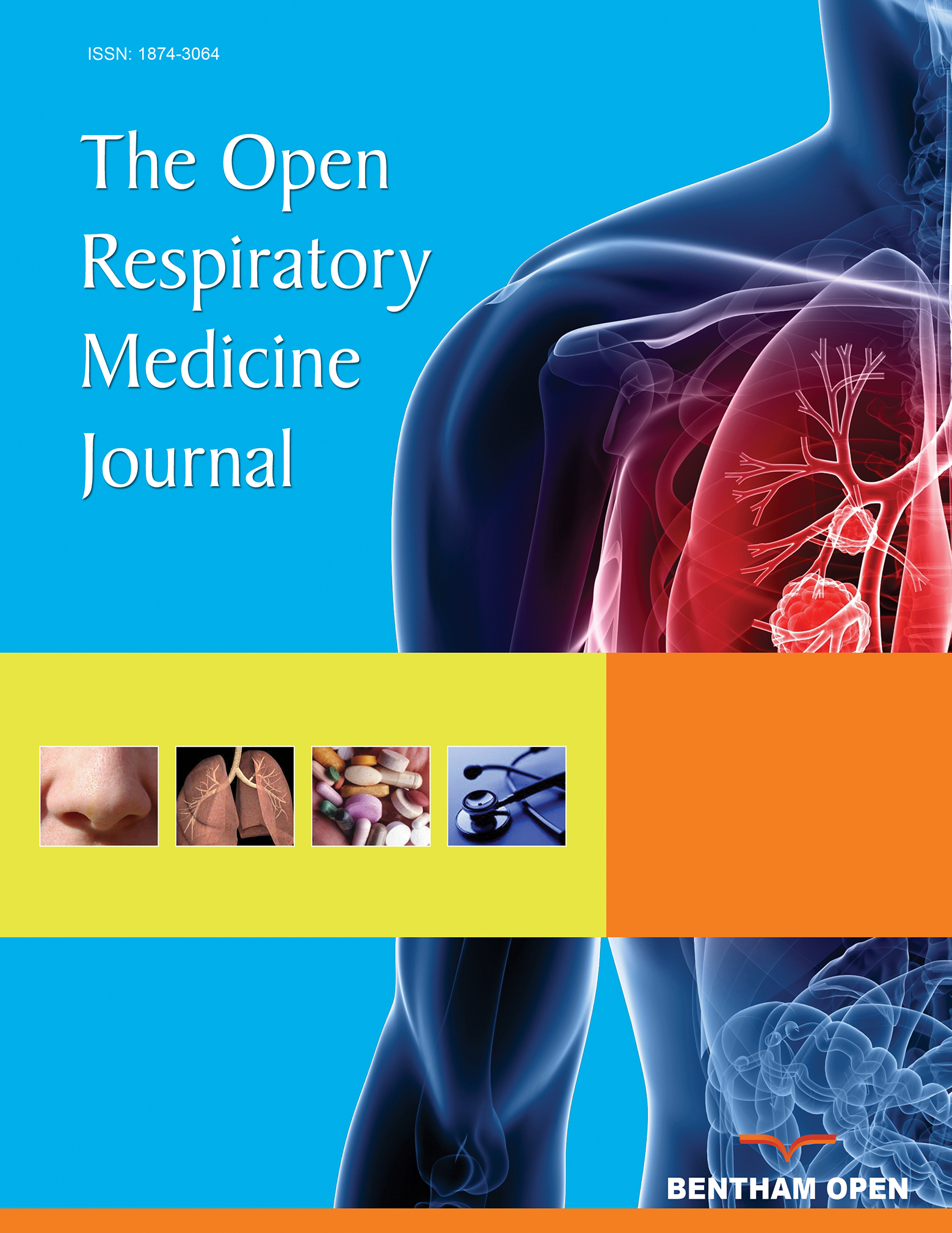All published articles of this journal are available on ScienceDirect.
Prevalence and Predictors of Metabolic Syndrome among Patients with Bronchial Asthma: A Cross Sectional Study
Abstract
Background:
Recent studies have reported the epidemiological link between Metabolic Syndrome (MS) and asthma, but it has rarely been studied in Egypt. The study aimed to investigate the prevalence of MS and its predictors among asthma patients in Egypt.
Methods:
In total, 320 patients with bronchial asthma were included. The following were assessed: spirometric evaluation, anthropometric indices, blood pressure, fasting blood sugar and serum lipid profile. We analyzed the correlation between metabolic scores and patient characteristics. Predictors of MS were identified using logistic regression analysis.
Results:
The prevalence of MS was 57.5% in asthma patients. For asthma patients, low High-Density Lipoprotein (HDL) and abdominal obesity were the commonest metabolic abnormality. Waist circumference, Fasting Blood Sugar (FBS) and triglyceride correlated significantly with asthma (P ‹ 0.05). FBS and DBP were the best predictors of MS.
Conclusion:
MS is frequent in asthma patients in Egypt. Obesity and lipid abnormalities were the commonest metabolic abnormality. Screening of these patients for components of metabolic syndrome should be a part of routine workup.


